A San Diego area doctor has discovered that the macro mode on Apple's new iPhone 13 Pro models could be useful in the monitoring and treatment of eye conditions.
In a LinkedIn post on Wednesday, Dr. Tommy Korn, who is an ophthalmologist and digital health innovation specialist at Sharp Healthcare in San Diego, said that he's been using an iPhone 13 Pro Max to take macro images of a patient's eyes.
Korn added that he was "impressed" with the performance of the camera. The eye specialist added that the iPhone 13 Pro Max could "innovate patient eye care & telemedicine," and said he's looking forward to seeing where the technology goes.
Dr. Korn also shared a few images of the iPhone 13 Pro Max in use during the treatment of one of his patients who is healing from a resolving abrasion in a cornea transplant. The iPhone was used to take images monitoring the patient's recovery.
In a comment on Korn's post, optometrist Dr. Jeffrey Lewis also said that the iPhone 13 Pro Max camera could be "yet another way to impress, manage, nurture long-term relationships with our patients."
"PS: this 'Pro camera' includes a telephone app too!" Dr. Korn joked.
Apple's macro photography mode on the iPhone 13 Pro and iPhone 13 Pro Max has been called the lineup's "strongest advancement in the camera system." Rather than using an additional lens or other components, the macro mode uses computational photography to achieve its ultra-close-up shots.
This is far from the first time that an Apple product has been used in medical or health applications. Earlier in September, for example, the crew of the SpaceX Inspiration4 mission used the Apple Watch and iPhone to conduct research investigating the impact spaceflight has on the human body.
 Mike Peterson
Mike Peterson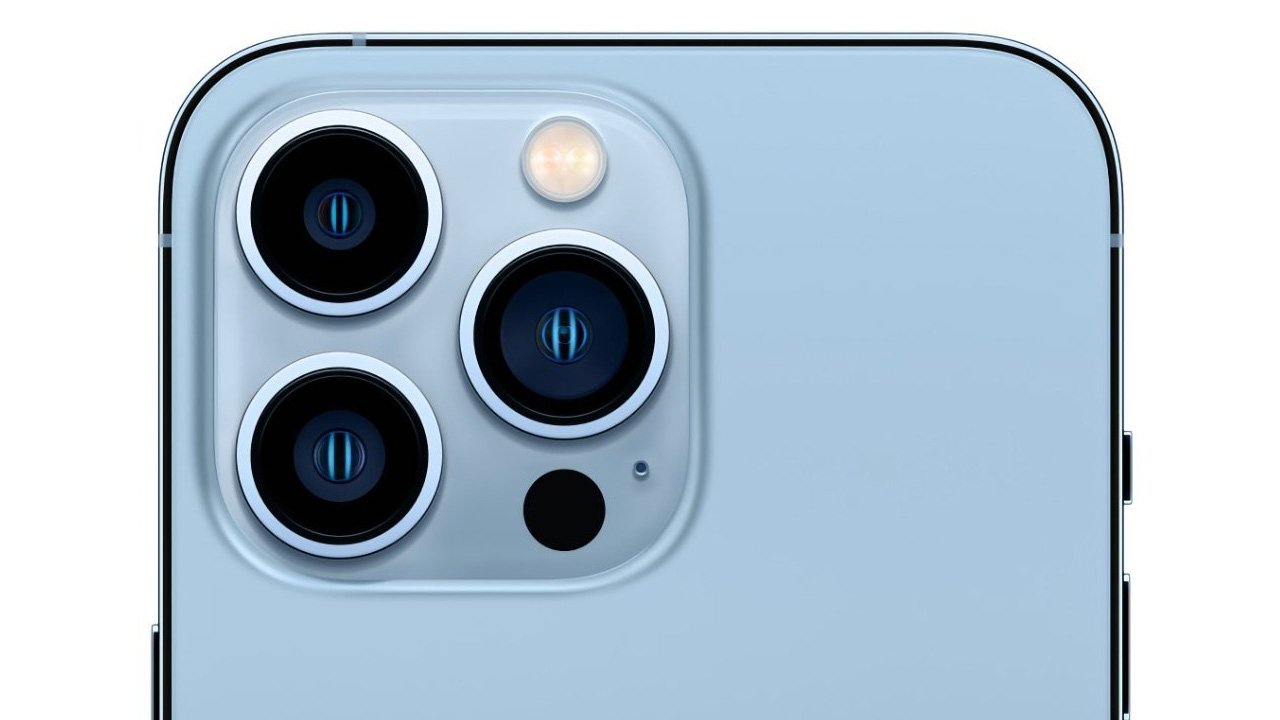
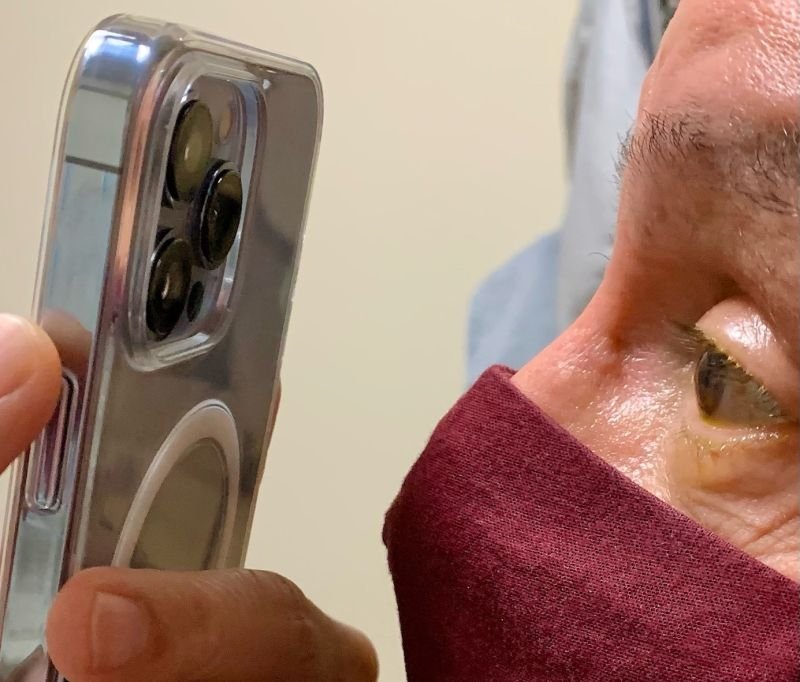


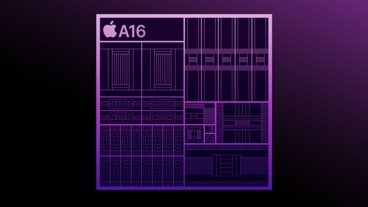
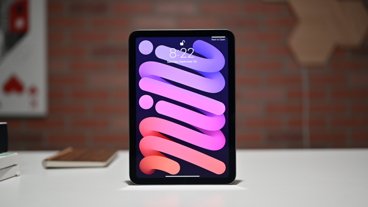



-m.jpg)






 Amber Neely
Amber Neely
 Mike Wuerthele
Mike Wuerthele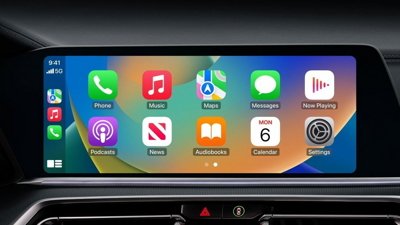
 William Gallagher
William Gallagher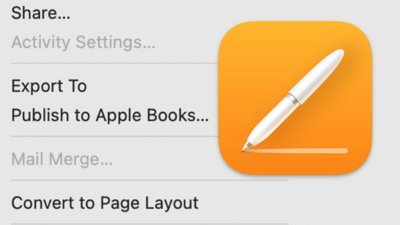


 Andrew Orr
Andrew Orr
 Wesley Hilliard
Wesley Hilliard






8 Comments
Does it make any sense for a doctor to use, for diagnostic purposes, a camera system designed specifically to alter the resulting images? Clearly, Apple wouldn’t have already trained the macro photos neural net to recognize diagnostic use cases and automatically (and silently) turn off image “enhancement.” (I put that in quotes in this case because any alteration of the original capture is potentially damaging to accurate conclusions.)
Make sure the flash is off
I’d consider it a supplemental tool. Devices have to approved for true medical use, however this could lead to improvements in the medical equipment they use.
This ophthalmologist is researching use the iPhone in his practice. With likely a roomful of authorized medical equipment, I’m sure he is at least theoretically capable of assessing the usefulness of the iPhone macro capability.
May prove useful, may prove not. And, of course, with telemedicine on the rise, giving the patient the ability to monitor their health might be useful — like the afib and spo2 sensors in the Apple Watch.